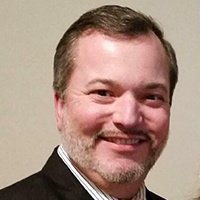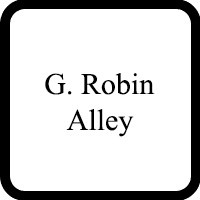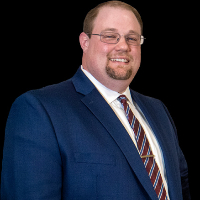Kinards DUI-DWI Lawyer, South Carolina
David Arthur Braghirol
✓ VERIFIEDDavid Braghirol is a practicing attorney in the state of South Carolina. He graduated from University of South Carolina with his J.D. in 1997. He curr... (more)
G. Robin Alley
✓ VERIFIEDThe Law Firm of Isaacs & Alley is rated “AV Preeminent” by Martindale-Hubbell, which is the highest peer rating achievable for legal ability and e... (more)
Jacob Taylor Bell
✓ VERIFIEDAsk J. Taylor Bell what he most enjoys about his criminal defense law practice and his response is unequivocal: “Fighting the power.” “Criminal ... (more)
Dayne C. Phillips
Dayne Phillips is a lawyer in the state of South Carolina who handles cases in the area of criminal law. He has tried cases dealing with dui, gun ... (more)
M. David Scott
Lori S. Murray
FREE CONSULTATION
CONTACT




